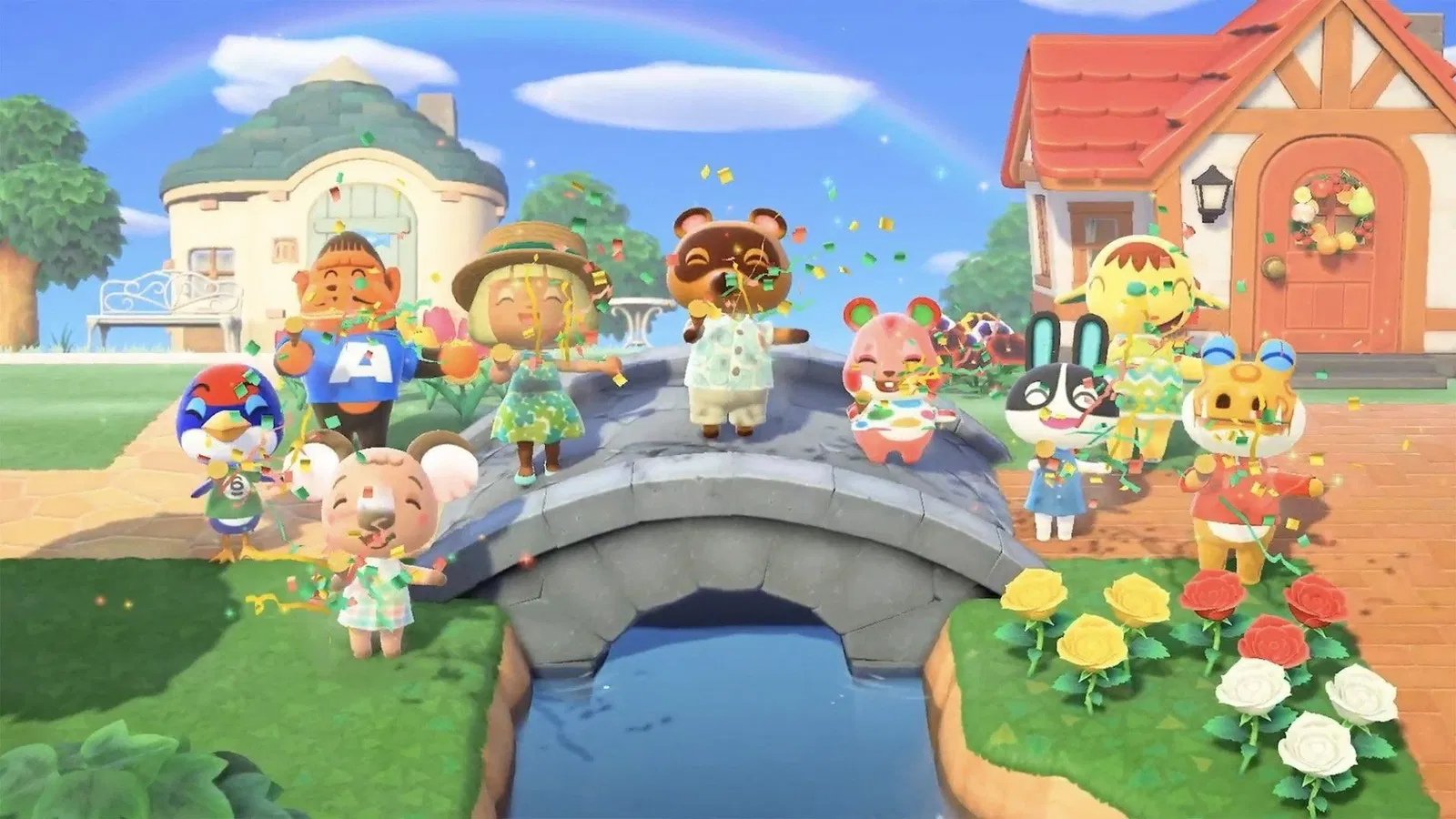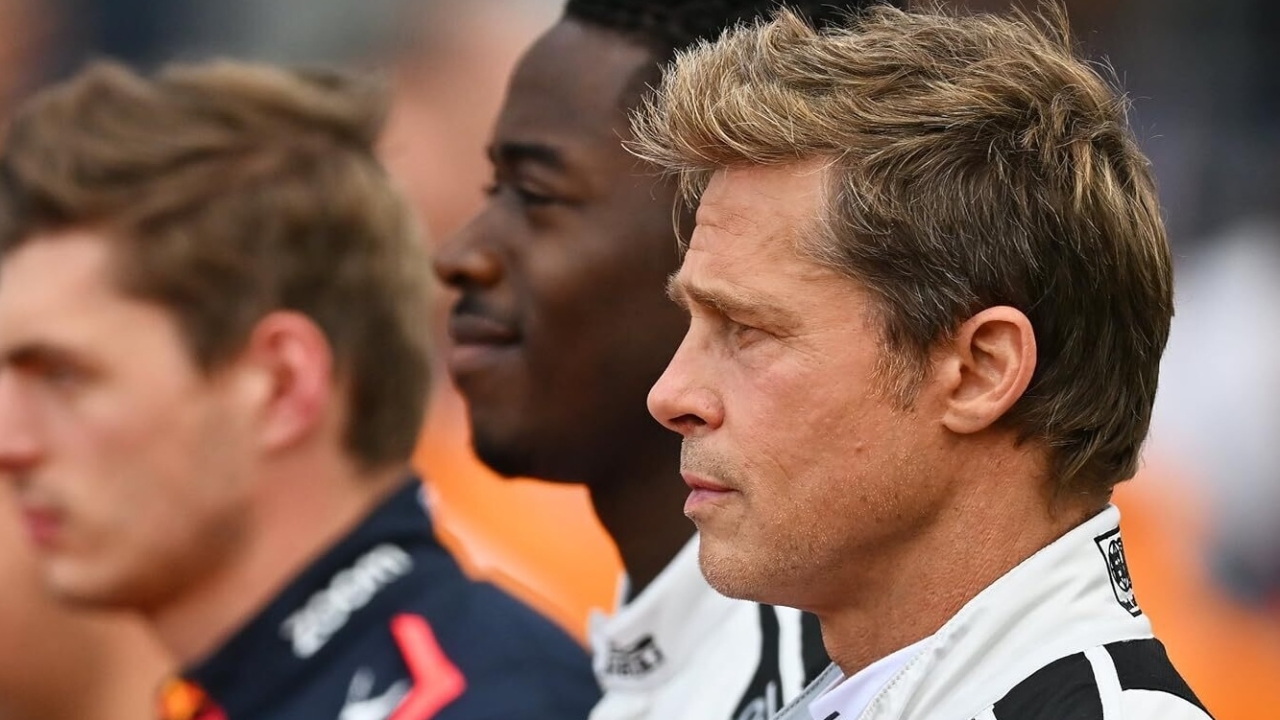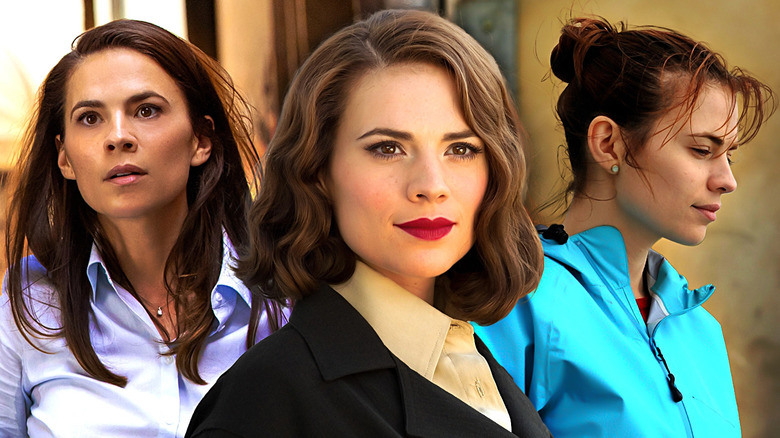Okay, so apparently, “wellness culture” has now infested gaming, because avocado toast and overpriced yoga weren’t enough 🙄. Now, instead of pwning n00bs, we’re supposed to, like, find our inner peace by virtually harvesting turnips or some BS. Stardew Valley? More like Starduuh Valley, am I right? And Tetris Effect? Yeah, because staring at falling blocks is totally gonna solve my existential dread. It’s not like I need a real vacation or anything.
Games like Animal Crossing: New Horizons (more like Animal Crossing: New Horrendous Time-Waster), Unpacking (the game where you virtually unpack your emotional baggage, how original), and PowerWash Simulator (finally, a game where you can live out your deepest fantasies of pressure washing digital dirt) are apparently “rethinking what gaming is for.” No enemies to defeat? No timers? What is this, a communist utopia? I thought games were supposed to be challenging, not a digital hug box.
What makes these games so compelling is not what they include, but what they leave out. No failure? No urgency? Sounds like my last performance review. That absence of pressure is exactly what makes them a form of modern digital meditation. Or, you know, just plain boring. 😴
Developers are increasingly prioritizing experiences that help players relax and reset. The design elements often mirror traditional wellness tools such as ambient music, calming color palettes, and intuitive interfaces. A Short Hike, for example, encourages exploration and quiet moments instead of goal-chasing. Because who needs goals when you can just wander around aimlessly? Meanwhile, Spiritfarer deals directly with themes of loss and emotional healing, and it does so with elegance and warmth. Translation: it’s a depressing game disguised as a feel-good experience. 😭
This is no accident. Many indie developers have recognized the emotional needs of players in a chaotic, always-on world. Their games feel like an exhale. Or a sigh of boredom. 😒
Gaming’s shift toward wellness mirrors broader cultural trends, and that includes adult wellness spaces too. Just as digital games offer therapeutic experiences through calm visuals and gameplay, many people also explore in-person relaxation services as part of their self-care routine. Like, seriously?
In Los Angeles, for example, there is a growing demand for discreet wellness experiences that go beyond the typical spa menu. Services like nuru massage in LA offer physical relaxation through smooth full-body contact using a special gel. Often viewed as part of holistic wellness, these sessions prioritize trust, privacy, and emotional comfort. Wait, what? Did we just go from Stardew Valley to *that*? 🤨
Terms such as erotic massage LA, happy ending massage, and erotic massage parlours may raise eyebrows, but for many adults, they represent a legitimate form of stress relief, much like mindfulness games or guided meditation. I’m pretty sure there’s a slight difference between tending to virtual crops and… well, you know. In both digital and real-world settings, the demand is growing for experiences that restore a sense of calm and control in a safe and non-judgmental environment. Nuru massage LA has become part of that broader wellness dialogue, especially in cities like Los Angeles, where personalized care is in high demand. I think I need a digital detox after reading that. 😵💫
As the line between digital relaxation and mental health support continues to blur, more games are being designed for emotional wellness. Developers are exploring AI-powered mindfulness mechanics, storylines that promote self-reflection, and interfaces that reduce cognitive overload. Some are even building virtual reality environments focused on breathing exercises or therapeutic roleplay. VR breathing exercises? Just breathe into a paper bag, it’s cheaper. 🫨
Wellness gaming is unlikely to replace therapy or physical care, but it offers something incredibly important: emotional safety. When a player logs into a calming game, they are creating a space for themselves that can be just as restorative as any real-world wellness experience. Or, you know, just a distraction from real-world problems. 🤡
In a world that rarely slows down, the emergence of digital wellness games is more than a trend. It is a cultural shift. From slow-paced simulators to narrative experiences that foster introspection, gaming is becoming a tool for healing and self-care. When paired with real-world choices honouring comfort and privacy, the result is a more holistic view of what wellness can look like. I’m pretty sure “wellness” is just a buzzword for “expensive and pointless.” 🙄
For those seeking calm, whether through pixels or in-person care, the path to balance has never been more accessible or more personal. Or, you know, just a way to avoid dealing with real life. ✌️
Pixel P. Snarkbyte, widely regarded as the “Shakespeare of Sh*tposts,” is a video game expert with a unique knack for turning pixels into punchlines.
Born in the small town of Respawn, Pennsylvania, Pixel grew up mashing buttons on an ancient NES controller, firmly believing that “blowing into the cartridge” was a sacred ritual passed down through generations.
Pixel P. Snarkbyte: proving that life, much like a buggy open-world game, is better with a little lag-induced chaos.




